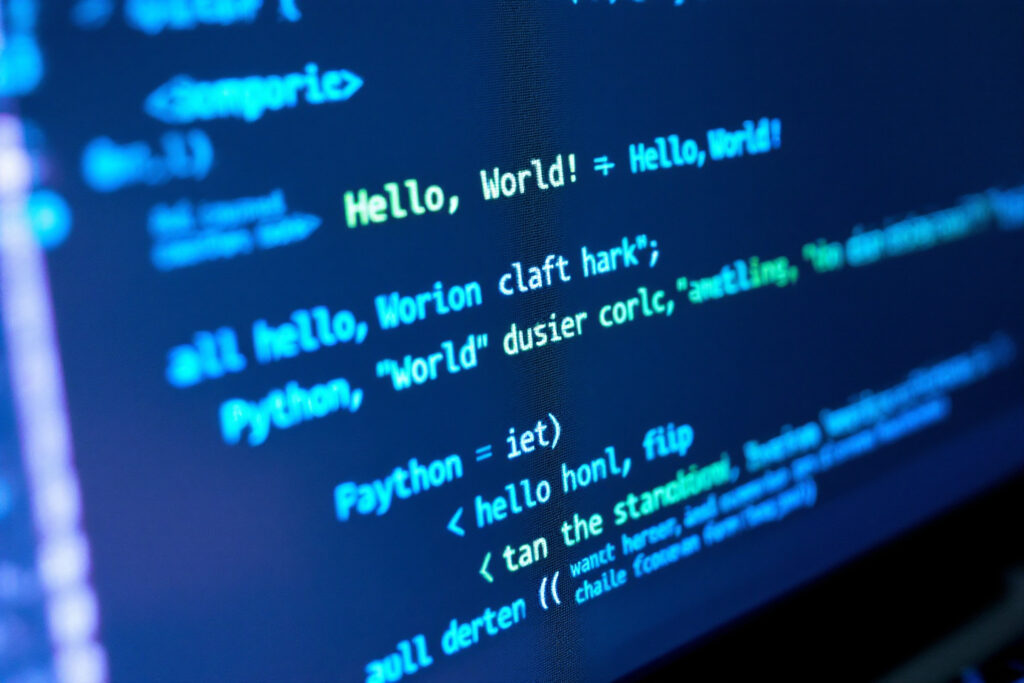Q1: What is an expression and a statement?
A1: An expression in Python is a piece of code that produces a value. Expressions consist of values (like literals or variables) combined together with operators. For example, `2 + 3 * 4` is an expression. A statement, on the other hand, is a piece of code that performs an action. This could be assignment (e.g., `x = 1`), a loop (e.g., `for` loop), a conditional (e.g., `if` statement), and so on. Statements do not produce values.
Q2: What all components can a Python program contain?
A2: A Python program can contain a variety of components, including but not limited to: literals, variables, expressions, statements, comments, functions, classes, modules, and libraries. These components can be combined in various ways to create more complex programs.
Q3: What are variables? How are they important for a program?
A3: Variables in Python are symbolic names that store or represent a value or data. They are important for a program as they allow programmers to store data that can be manipulated or used throughout the code. Variables provide a way of naming data to be used and reused, making the code more readable and flexible. They can hold different types of data such as numbers, strings, lists, etc.



